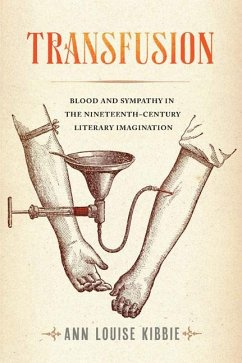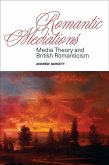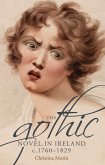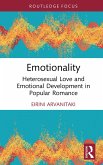"England may with justice claim to be the native land of transfusion," wrote one European physician in 1877, acknowledging Great Britain's crucial role in developing and promoting human-to-human transfusion as treatment for life-threatening blood loss. As news of this revolutionary medical technique spread from professional publications to popular journals and newspapers, the operation invaded the Victorian imagination. Transfusion is the first extended study of this intersection between medical and literary history. It examines the medical discourse that surrounded the real nineteenth-century practice of transfusion, which focused on women suffering from uterine hemorrhage, alongside literary works that exploited the operation's sentimental, satirical, sensational, and gothic potentials.
In the eighteenth century, the term "transfusion" was used to figure aesthetic and religious inspiration as well as erotic and romantic commingling-associations that persisted into the nineteenth century and informed attitudes toward the medical practice of blood transfer and the cultural conception of sympathetic exchange. Exploring transfusion's role in canonical works such as Wells's The Island of Dr. Moreau and Stoker's Dracula, as well as a surprising array of lesser-known short stories and novels, Kibbie demonstrates the tangled, mutually informing relationship between science and culture. This innovative study traces the creation of a new fluid economy between persons, one that could be seen to forge new forms of intimacy between donors and recipients or to threaten the very idea of personal identity.
Dieser Download kann aus rechtlichen Gründen nur mit Rechnungsadresse in A, D ausgeliefert werden.
Hinweis: Dieser Artikel kann nur an eine deutsche Lieferadresse ausgeliefert werden.









